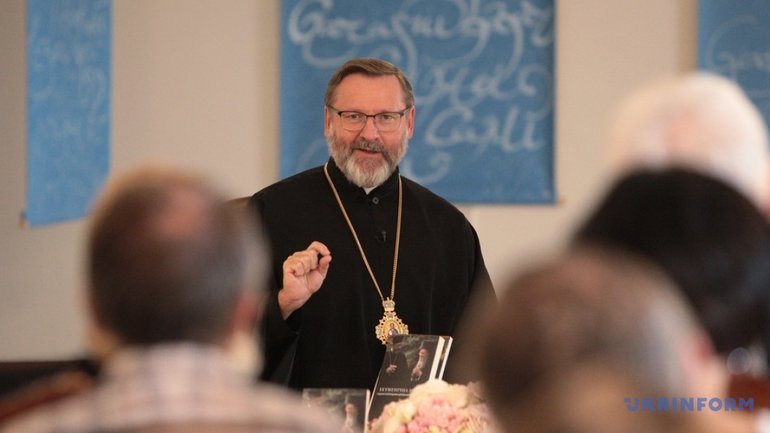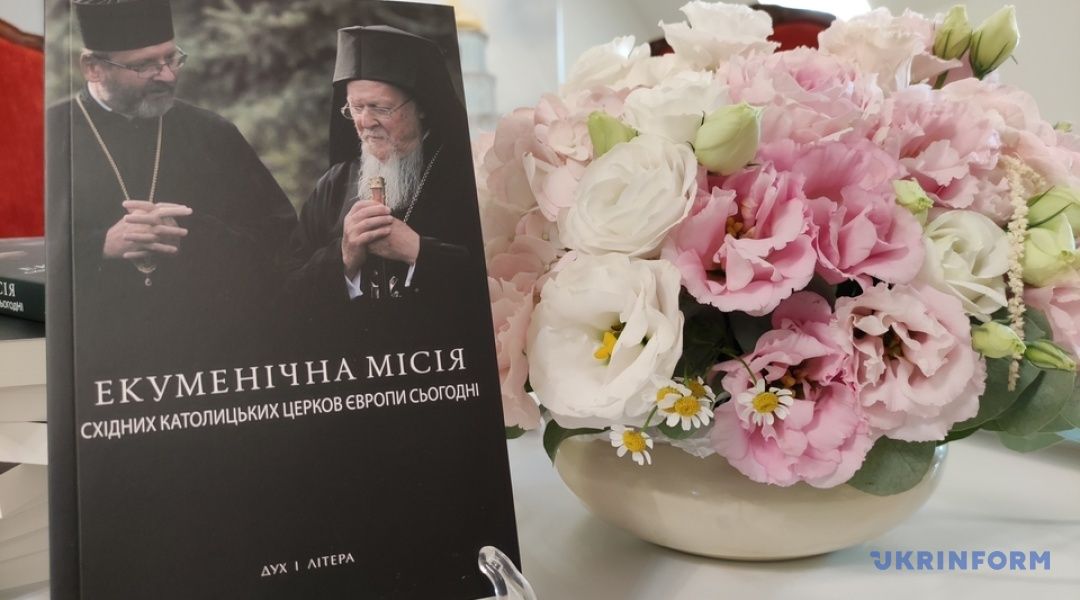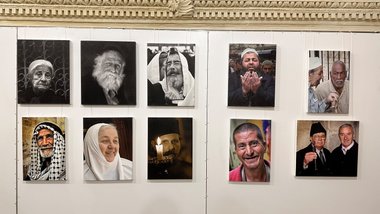Book “Ecumenical Mission of the Eastern Catholic Churches of Europe Today” presented in Kyiv

Presenting the book, His Beatitude, Sviatoslav explained the context in which it appeared. He began with the events of 2018 when a huge group led by Metropolitan Hilarion Alfeyev came to Rome under the title “Pilgrimage from Moscow.” They were received at the highest level in the Vatican. During this visit, they accused the UGCC, in particular, of interfering in internal Orthodox relations. “Then a certain manipulation of the concepts of interchurch and theological dialogue began.”
The hierarch said that, on the one hand, the Orthodox accused Eastern Catholics of proselytizing, and “the second topic discussed at that time was the concept of uniatism and the very existence of the Eastern Catholic Churches.”
“The Balamand document rejected uniatism as a method of uniting the Churches. Still, it is interesting that certain manipulations began in Moscow's rhetoric. No one talked about uniatism but about unionism. And unionism, in their sense, means both put together,” explained the head of the UGCC.
He recalled the Havana Declaration, according to which the fate of “the Eastern Catholic Churches was to be defined as silent, and any role in interchurch relations was impossible.”
The head of the UGCC also spoke about 2019.
“2019 was a turning point in the history of Kyivan Christianity. Those events will certainly be of interest to those who study canon law and the models that the Churches are building in their relations today. Not only within Orthodoxy but also in the interfaith dialogue, in particular in the context of Orthodox-Catholic relations,” summarized the Head of the UGCC, His Beatitude Sviatoslav.
“Kyivan Christianity began to gain, or rather restore, its subjectivity. This year was a year of tremendous tension and escalation in the relations between the Rome-Constantinople-Moscow triangle. Thus, the Ukrainian Greek Catholic Church found itself in the center of this escalation as it was no longer a subject of negotiations between Rome, Moscow and Constantinople, but began to become a very active subject,” His Beatitude Sviatoslav emphasized.
What happened after 2019? “Both the Apostolic See in Rome and the Ecumenical Patriarch,” said the Head of the UGCC, ”welcomed the development of the subjectivity of Kyivan Christianity and contributed to it. And what did Moscow do? It waged war on us and took away our right to exist. I am not talking about the right to any voice or to any relationship. Yet in the third year of this full-scale war, the voice of the Kyivan Churches, both Orthodox and ours, is resounding powerfully throughout the world.”
The book includes reports of ecclesiological, pastoral, spiritual and canonical content presented at the meeting.

The head of the UGCC noted that theologians who deal with issues of dialogue, in particular, ecumenical dialogue, as well as church historians, should pay attention to this book because 2019 was a turning point in the history of Kyivan Christianity.
“I think that these events will also be of interest to those who study canon law and the models churches are building in their relations today. Not only within Orthodoxy but also in interfaith dialogue, in particular, in the context of Orthodox-Catholic relations,” said Sviatoslav Shevchuk.
The original publication was published by the Vatican publishing house Libreria Editrice Vaticana in 2021.










